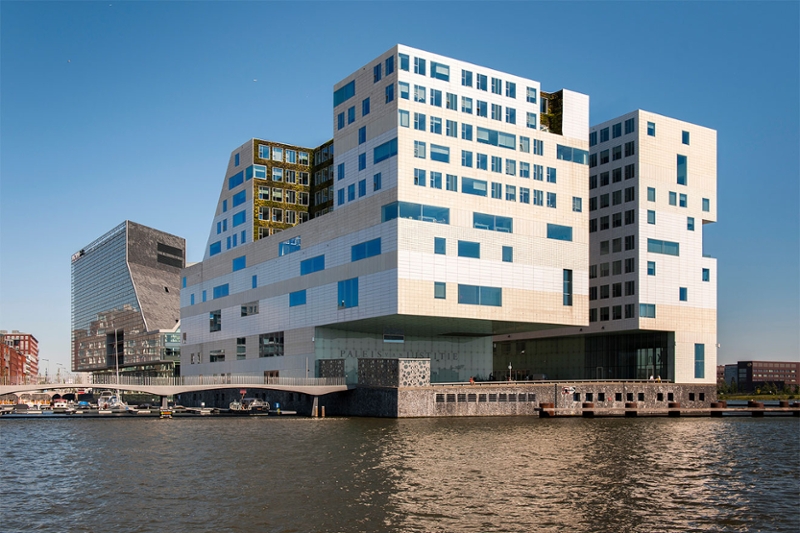Interim judgment in the matter of the Crimean treasures
Crimean treasures

Both the Ukrainian State and the Crimean Museums lay claim to the Crimean Treasures, a collection of artefacts which was lent to the Allard Pierson Museum by the Crimean Museums in 2013. After Crimea separated itself from Ukraine in 2014, it was no longer clear to the Allard Pierson Museum to whom the artefacts should be returned.
Arguments of the parties
The Ukrainian State considers the Crimean treasures being part of its cultural heritage. It fears that if the APM returns the Crimean treasures to the Crimean museums, the treasures will end up in possession of the Russian Federation and thus out of its control. The Ukrainian State claims the treasures on the basis of the Dutch Heritage Act, arguing that the Crimean treasures belong to its cultural heritage and that these are currently withheld illegally in the Netherlands. In addition, The Ukrainian State claims the treasures as owner.
The Crimean museums, on the other hand, consider the Crimean treasures being part of their cultural heritage. They fear that if the APM hands over the Crimean treasures to the Ukrainian State, these will never return to their collections. The Crimean museums claim the treasures, first because the APM had agreed to return these to them as set out in the loan agreements, and furthermore because they have a right of “operational management” under Ukrainian law.
he APM has suspended its obligation to return the treasures for the time being. It is nevertheless prepared to hand over the treasures to the party that in the end proves to have the best rights.
The APM is entitled to suspend its obligation to return the Crimean treasures
The Court of Appeal has ruled that the APM, in view of the complex situation in Crimea, could reasonably not assess which party was entitled to claim the Crimean treasures. The APM has taken into consideration all interests involved.
In the meantime, the APM has properly kept the Crimean treasures in storage awaiting the outcome of the proceedings. In view of all this, the APM was entitled to suspend its obligation to return the Crimean treasures pending a final decision.
The APM is not liable for damages
As a result of its right to suspend its obligation to return the Crimean treasures, the APM is not liable for damages as a consequence of not returning the treasures earlier.
The Dutch Heritage Act does not apply
The Amsterdam Court in first instance had ruled that the Crimean treasures are to be handed over to the Ukrainian State pursuant to the Dutch Heritage Act. The Court of Appeal has now ruled otherwise: neither the UNESCO Convention, nor the parliamentary history of the Dutch Heritage Act, nor the EU Directive 2014/60/EU, nor the UNIDROIT Convention on Stolen or Illegally Exported Cultural Objects imply a construction of the Dutch Heritage Act that leads to its applicability in this case.
Competing rights
This is not the end of the matter. According to the Court of Appeal it is now a question of deciding who has the strongest rights; either the Crimean museums claiming a right of operational management under Ukrainian law, or the Ukrainian State claiming ownership of the Crimean treasures.
Further information has been asked for
In making their case, the parties have elaborated their arguments and provided the court with expert opinions, but the court nevertheless requires additional information. The court needs greater clarity about the ownership claimed by the Ukrainian State, the right of operational management claimed by the Crimean museums and the scope and effect of an Order of the Ukrainian Ministry of Culture of 13 May 2014, by which the National Museum of History of Ukraine has been instructed to manage the Crimean treasures.
Next steps
The parties have been given two months to provide the requested information. Subsequently, the court will examine the case further. A final judgment may be expected in 6 to 9 months’ time.

